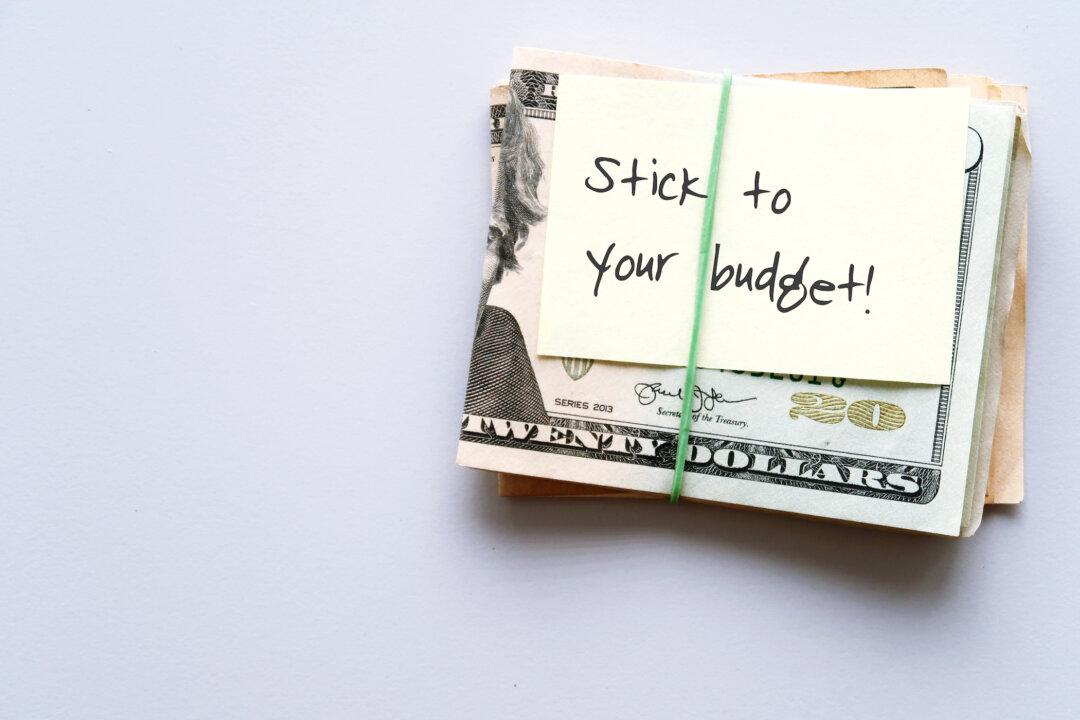It’s a benchmark, a goal, a mindset—a kind of game I play with myself. Whatever the price tag—real or perceived—I challenge myself to find a way to get it down to “half the price.” Here’s an example.
Harold and I make a business trip to California about every month to take care of a business we have there and to stay connected with friends and family. We’ve done this so often that by now, I know about how much those plane tickets will be. And every month, I take the challenge to cut the cost in half.





